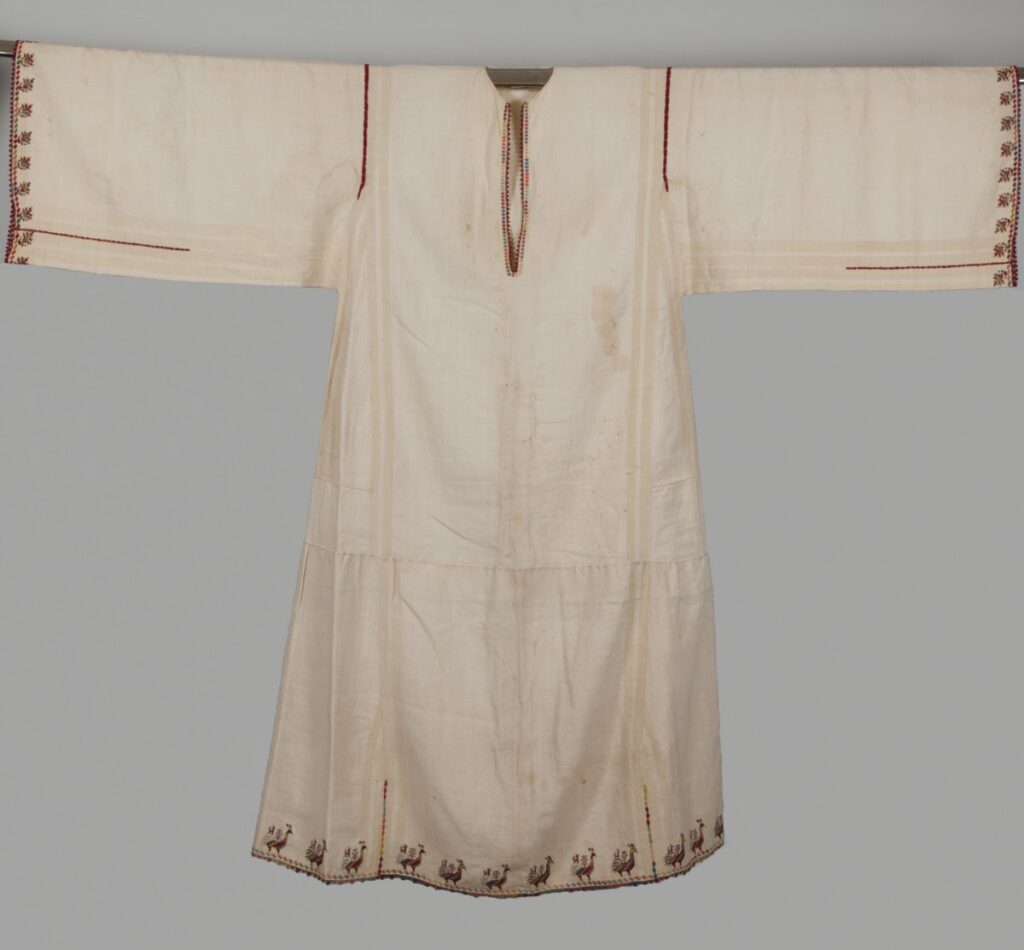Greece has emerged as a noteworthy player in the global textile and apparel industry. The country has leveraged its resources and entrepreneurial spirit to become a hub for fiber, fabric, and apparel production. In the context of fiber and textile production, Greece benefits from its favorable geographic location and climate (fea-vee.eu, 2023). There are more than five hundred apparel manufacturing companies; eighty-six resides in Athens, eighty-eight in Thessaloniki, and the rest in spread out across major cities and towns in Greece (Manufy, 2023). Greece Producing one of the finest pieces of cotton in the industry allows them to be a preferred destination for purchase (Sustainable Sourcing Simplified 2023).” Cotton, a primary source of natural fibers, thrives in the Mediterranean climate of Greece. Cotton fields cover significant portions of the country’s landscape, providing the essential raw material for textile production.
Greece has invested in the labor force to support the apparel industry. “Therefore, access to skilled labor force at a lower cost is another advantage of clothing manufacturing companies.” On that note, due to Greece’s interconnections with other dependent industries, the labor force keeps the economy up-float (The fashion culture in Greece, 2023). The export sector for cotton. Silk and other raw materials hold employment to more than two hundred thousand workers, and businesses, both industrial and craft, are growing (fea-vee.eu,2023). Leaving every country in Greece to have at least one small or large textile production unit. Greek artisans have been known for their intricate embroidery and weaving techniques. Over time, these skills have been adapted to modern machinery and techniques, resulting in a workforce that is not only proficient but also versatile (Sustainable Sourcing Simplified, 2023). This proves the dedication Greece is making to evolve and bring change to its production industry while practicing sustainability.

Figure 3: Cotton Textile



Leave a Reply